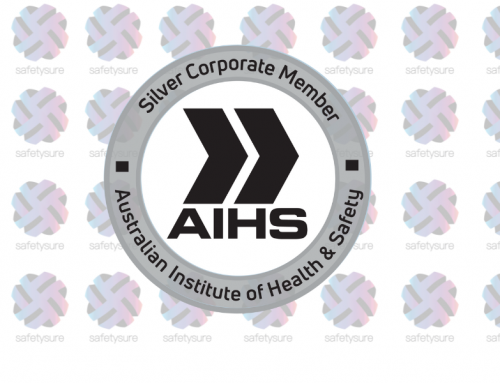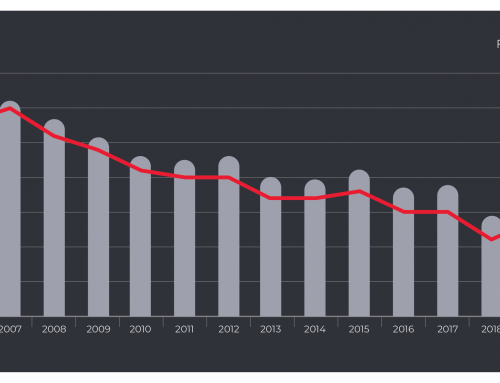We’ve analysed the changes to the Work Health and Safety Amendment Bill 2023 and what they mean for organisational compliance. The Work Health and Safety Amendment Bill 2023, alters the Work Health and Safety Act 2011 (NSW) and the Work Health and Safety Regulation 2017 (NSW). Here are some key takeaways.
Incorporation of the National Model WHS Law
The changes include updates to the national Model WHS law that Safe Work Australia published in July 2023.
Penalty Increases:
‘Category one’ offence penalties have significantly increased.
- For a PCBU: from $3,992,492 to $10,424,983.
- Maximum jail term for individuals: from 5 years to 10 years.
- Fines for individuals committing a category one offence have also risen.
There will be smaller increases to category two and three offences from 1 July 2024.
Imputation of Conduct and State of Mind
The Bill expands the existing provision where the conduct of officers, employees, agents, and now boards of directors of a body corporate can be considered as the conduct of the body corporate. New provisions are added to ascertain the mindset of a body corporate for offences. For instance, recklessness on the part of its board or the existence of a corporate culture that leads to the offence.
You might like to read our article on NSW Work Health & Safety Legislation
Asbestos Regulations
A new ‘asbestos notice’ regime will be set up, giving SafeWork NSW the authority to issue ‘prohibited asbestos notices’. Penalties for non-compliance with these notices have been defined.
Silica Worker Register
SafeWork NSW will establish a ‘silica worker register’ to track workers at risk of illness from silica exposure. PCBUs must provide relevant information for this register. The register’s data can be used to attribute liability among PCBUs in cases of silica exposure-related illness.
Respiratory Related Illness Focus
There’s an increasing emphasis on respiratory-related illness, with the Federal Government looking to extend functions of the Asbestos Safety and Eradication Agency to manage silica-related diseases.
Other Noteworthy Changes
The NSW WHS Act will align with the Model WHS Law, especially regarding insurance contracts. Any terms that aim to insure against liability for monetary penalties under the NSW WHS Act will be voided. Clarifications have been made about who bears the evidential burden in specific cases.
Our recommendations for PCBUs:
-
- PCBUs should update their WHS management frameworks and systems, especially concerning the new changes.
- Continuous assessment, review, and monitoring of WHS risks, including asbestos and other respiratory-related risks, are crucial.
- Conduct training for company boards and officers is vital to ensure their actions are not attributed to the organisation.
The Bill brings significant changes to WHS regulations in NSW, with more stringent penalties, broader imputation of conduct provisions, and a stronger focus on asbestos and silica-related health risks.
Want to find out more about how Safetysure can help you stay on top of legislation and compliance? Call us on 1300 087 888 to find out more.







Leave A Comment